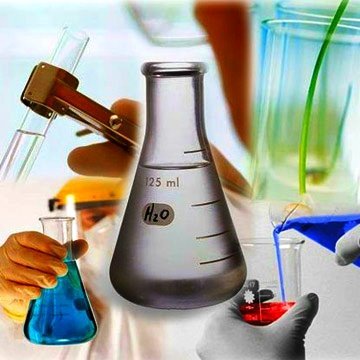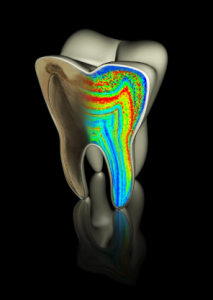The application of natural zeolites in animal science and aquaculture
2 min read
As agriculturalists increase their efforts to expand crop and animal production, numerous mineral materials are receiving greater attention as soil amendments and as dietary supplements in animal husbandry. The zeolite group of minerals stands out among the rest, and its exciting bag of physical and chemical tricks promises to contribute to many areas of agriculture and aquaculture in the next decade. Their abundance and availability has aroused considerable interest in experiment stations of several nations, although the number of publications and amount of “hard” data on their usefulness in agriculture are still small.
A review of this subject reveals that both the ion exchange and adsorption properties of natural zeolites can be exploited to make more efficient use of feed nitrogen in animal nutrition, to reduce intestinal diseases prevalent in young swine and ruminants, to control moisture and ammonia content of animal manure, to purify recirculating hatchery waters in aquaculture, to provide oxygen-enriched air for fish breeding and transportation, and to reduce the nitrogen content of feedlot- and hatchery-runoff waters.
Most of this work has been carried out in Japan where zeolitic tuffs have been used for years to control the malodor of animal wastes and to raise the pH of acidic volcanic soils. The addition of about 10% clinoptilolite to the diets of chickens and pigs appears to increase feed efficiency by as much as 25%. Studies in Japan and in the United States suggest that the incidence of scours in young swine may be substantially reduced by adding zeolites to the animals’ rations.
These same zeolites can be used to extract NH4+ from animal wastes and hatchery waters by ion exchange. Numerous deposits of natural zeolites are known in the U.S. totaling several hundred million metric tons. Their flat-lying nature and closeness to the surface suggests a large supply of inexpensive zeolite are available to the industry in the $50.00 to $75.00 per metric ton price range.






